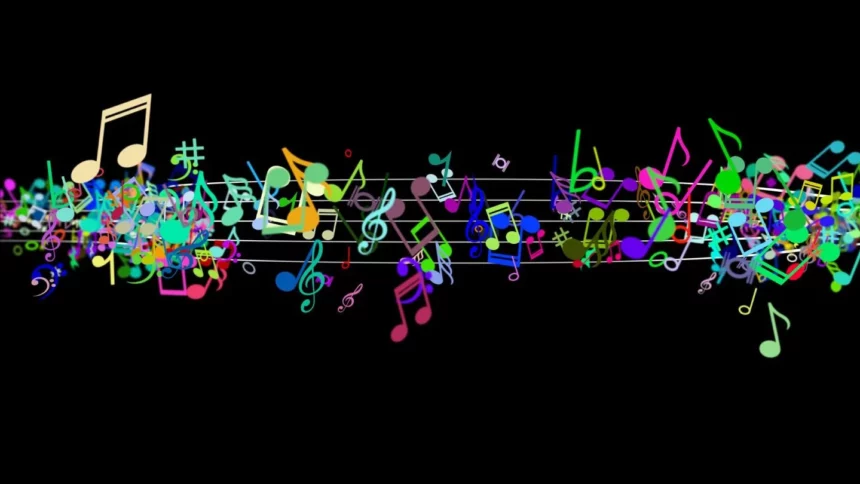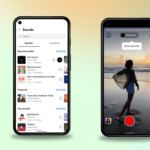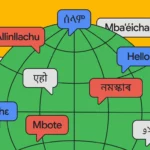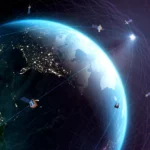Google has recently unveiled a new Artificial Intelligence (AI) system that can generate music in any genre based on a given text description. The system, called Google’s MusicLM AI system for Music, is trained on a massive dataset of 280,000 hours of music to learn how to generate complex songs for different explanations.
Capabilities of MusicLM
Google’s MusicLM AI system for Music is not the first AI system for music generation. Other attempts include Riffusion, which creates music through visualization, Google’s AudioML, and OpenAI’s Jukebox. However, these previous systems could not produce high-fidelity and complex compositions due to technical limitations and limited training data. MusicLM, on the other hand, is capable of producing songs that sound almost like they were composed by human artists.
whoa, this is bigger than ChatGPT to me.
google almost solved music generation, i'd say. https://t.co/s9PQaJ5R6A
— Keunwoo Choi (@keunwoochoi) January 27, 2023
The AI system can generate coherent and complex music samples, even when fed long and meandering descriptions. It can also build on existing melodies, whether hummed, sung, whistled, or played on an instrument.
MusicLM can even create a narrative through several descriptions written in sequence, making it perfectly suitable for movie soundtracks. The system can be instructed through a combination of pictures and captions or generate audio “played” by a specific instrument in a particular genre. Additionally, the AI system can create music inspired by places, epochs, or requirements, such as motivational music for workouts.
Yesterday, Google published a paper on a new AI model called MusicLM.
The model generates 24 kHz music from rich captions like "A fusion of reggaeton and electronic dance music, with a spacey, otherworldly sound. Induces the experience of being lost in space." pic.twitter.com/XPv0PEQbUh
— Product Hunt 😸 (@ProductHunt) January 27, 2023
Challenges Faced by MusicLM
Despite its impressive capabilities, MusicLM has its challenges. Some of the generated samples have a distorted quality due to the training process, and the vocals generated by the system, including choral harmonies, are of low quality. The lyrics range from barely English to pure gibberish, sung by synthesized voices that sound like a combination of several artists.
Google’s MusicLM AI system for Music where researchers behind MusicLM are aware of the many ethical challenges posed by the system, including the risk of incorporating copyrighted material from the training data into the generated songs. During an experiment, they found that about 1% of the generated music was directly replicated from the pieces on which MusicLM was trained, a threshold high enough to discourage them from releasing the system in its current state. The researchers acknowledge the risk of potential misappropriation of creative content and emphasize the need for more work tackling these risks associated with music generation.
Ethical and Legal Issues
If MusicLM or a system like it is ever made available, it will likely face significant legal issues. This is not a new problem, as similar cases have already arisen around simpler AI systems. In 2020, Jay-Z’s record label filed copyright strikes against a YouTube channel that used AI to create Jay-Z covers of songs, but the videos were reinstated after being deemed “incomplete.”
AI music generators like MusicLM have been argued to violate music copyright by creating “tapestries of coherent audio from the works they ingest in training, thereby infringing the United States Copyright Act’s reproduction right.” Critics have also questioned whether training AI models on copyrighted musical material constitutes fair use.
"MusicLM: Generating Music from Text"https://t.co/XG1FyPNd4S
Impressed to see the quality of autogenerated vocals has gone way up! Sounds real but in a foreign language. pic.twitter.com/4U32ttoexI
— Jay Hack (@mathemagic1an) January 27, 2023
Google’s MusicLM AI System: Merits and Demerits
| Merits | Demerits |
|---|---|
| Can save time and effort for musicians and composers, who may not have to come up with every note themselves | May not always produce musically convincing or original music |
| Can provide inspiration for musicians and composers, who can use generated music as a starting point for their own creations | May lead to decreased creativity and musical diversity if it becomes too widely used |
| Can generate music that is not possible to create with traditional composing methods | Generated music may not match the intended emotional or stylistic goals |
| Can provide a platform for people to explore new styles of music | May lead to decreased demand for human composers and musicians |
| Can help with music education by providing a tool to analyze and understand musical patterns and structures | May struggle to incorporate cultural and personal experiences into generated music. |
Google’s MusicLM AI System: Capabilities and Limitations
| Capabilities | Limitations |
|---|---|
| Generates music in a variety of styles and genres | Currently limited to generating short pieces of music |
| Can continue a piece of music from a given starting point | May produce music that is not always musically convincing or original |
| Can generate music that is harmonically and rhythmically coherent | May struggle to generate music that is harmonically complex |
| Can incorporate elements such as dynamics, phrasing, and timbre into generated music | May struggle to generate music that is consistent with specific musical traditions or cultural contexts |
| Can generate music for specific instruments or ensembles | Generated music may not always match the intended emotional or stylistic goals. |
Conclusion
In conclusion, Google’s MusicLM AI system for Music generation, capable of producing high-fidelity and complex compositions based on given text descriptions. However, the system has flaws, and its potential release raises essential ethical and legal issues that must be addressed. The Google researchers behind MusicLM have acknowledged these challenges and emphasized the need for more work tackling the risks associated with music generation.
MORE STORIES:
- Prompt Engineering ChatGPT: Essential for a Good Future in AI
- Amazon Bans ChatGPT AI Usage to Protect Confidential Information








